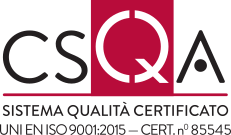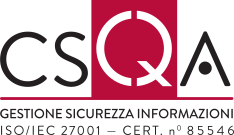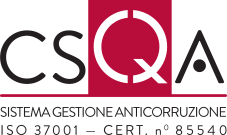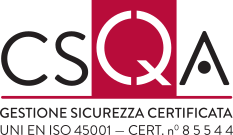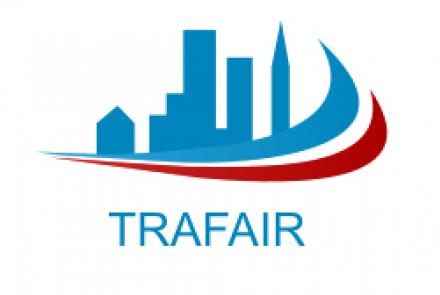
A report recently published by the European Environment Agency (EEA) has studied the relationship between social and environmental problems. The report highlights how the less wealthy persons, the elderly and the very young are the people at most risk, and stresses the need to align social and environmental policies with more effective measures to protect the environment and citizens from the impacts of extreme temperatures, heat waves and air pollution.
The project TRAFAIR (Understanding traffic flows to improve air quality), co-financed under the CEF Telecom Programme, in which Lepida participates as a partner, can contribute to the global challenges of climate change and pollution by providing tools and estimates that support local administrators in making decisions, for example on the level of C02 emissions, limiting access to high-risk areas, providing real-time information related to weather forecasts and traffic flows. TRAFAIR aims to estimate the level of pollution through the production of four main outcomes: the representation of air quality maps; the provision of real-time estimates of air pollution on an urban scale; the development of a service for predicting urban air quality based on weather forecasts and traffic flows; the publication of an open dataset describing the air quality maps.
Lepida is involved in the integration of data from different traffic and air monitoring systems, through their automatic acquisition and standardization within the regional Sensornet platform, in order to allow their analysis, correlation and, in the future, even forecasting. The Municipality of Modena, another partner of the project together with the coordinator UNIMORE, promoted on March 20th, at the Galleria Europa in Piazza Grande, an initiative to present TRAFAIR and raise awareness among stakeholders in the area who are working on environment, air quality, mobility and traffic, in order to collect their opinions and obtain their support, especially in the pilot action phase.
